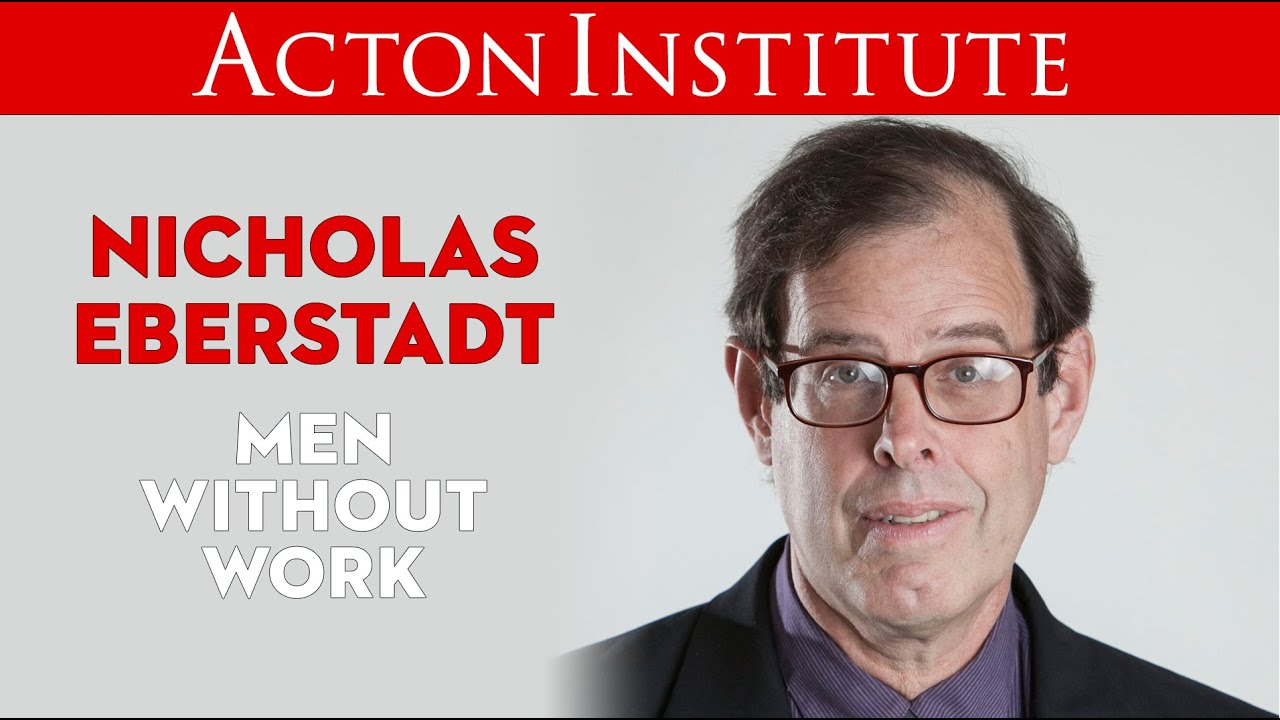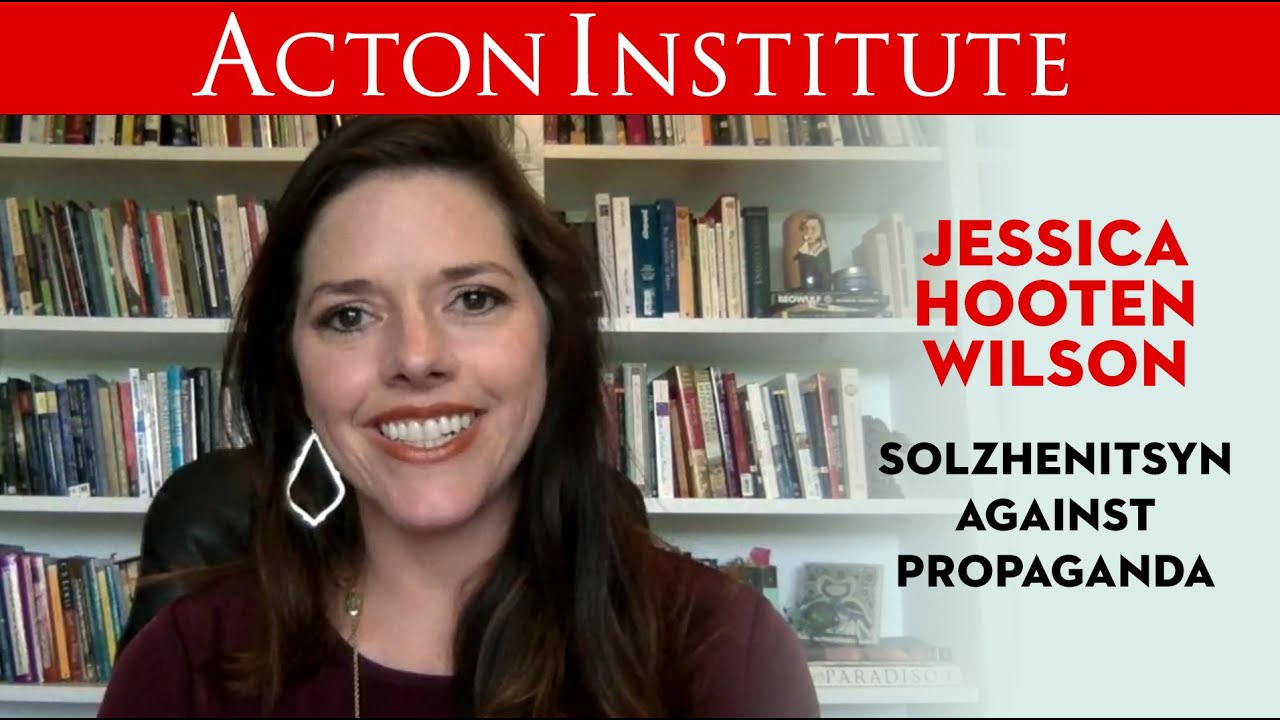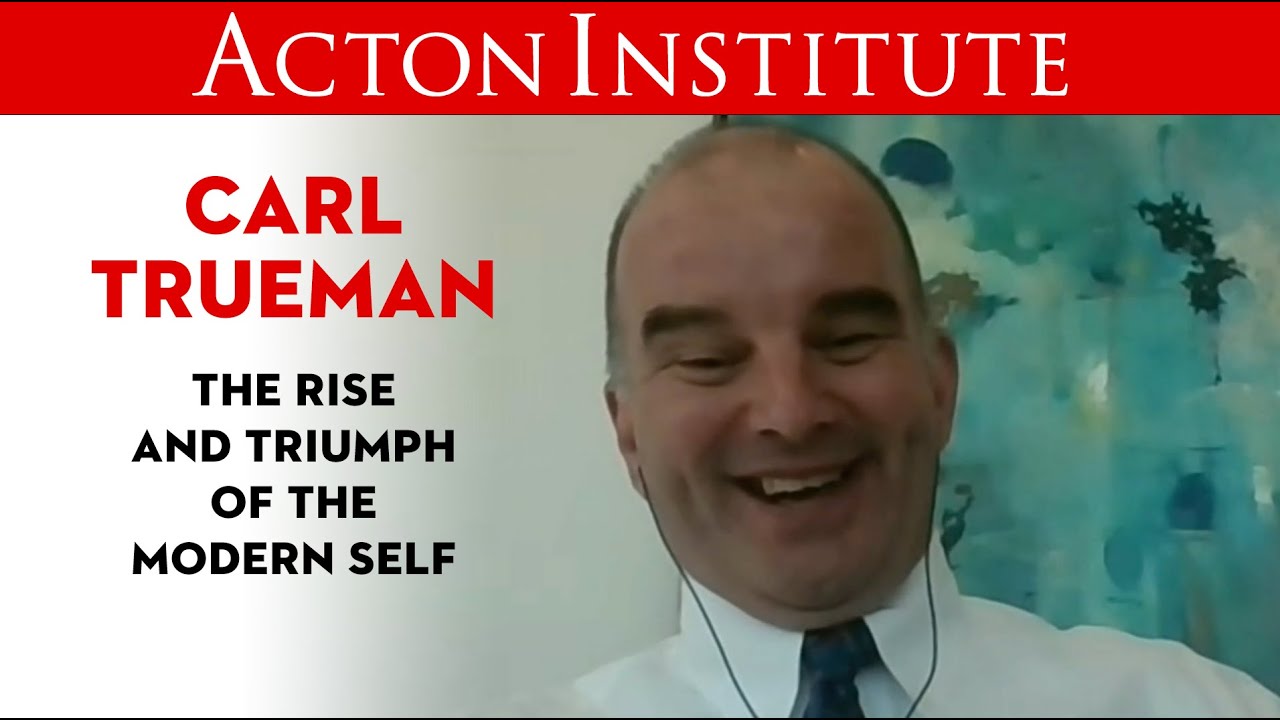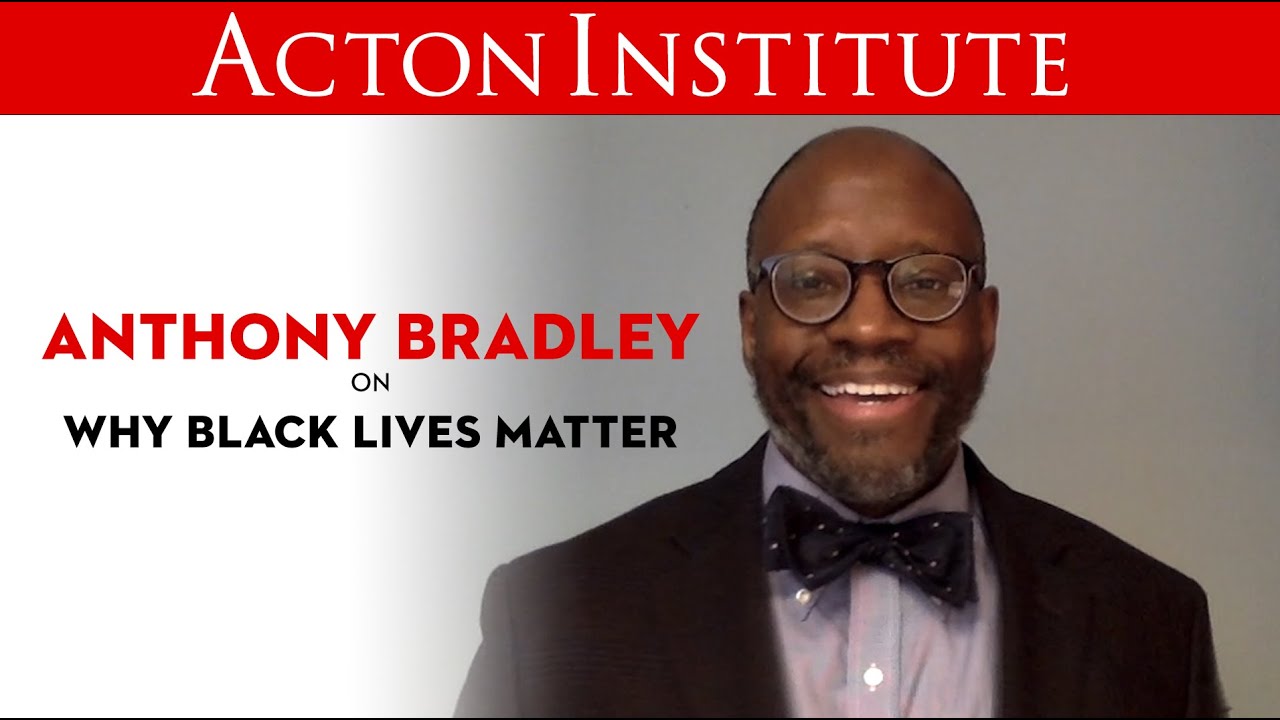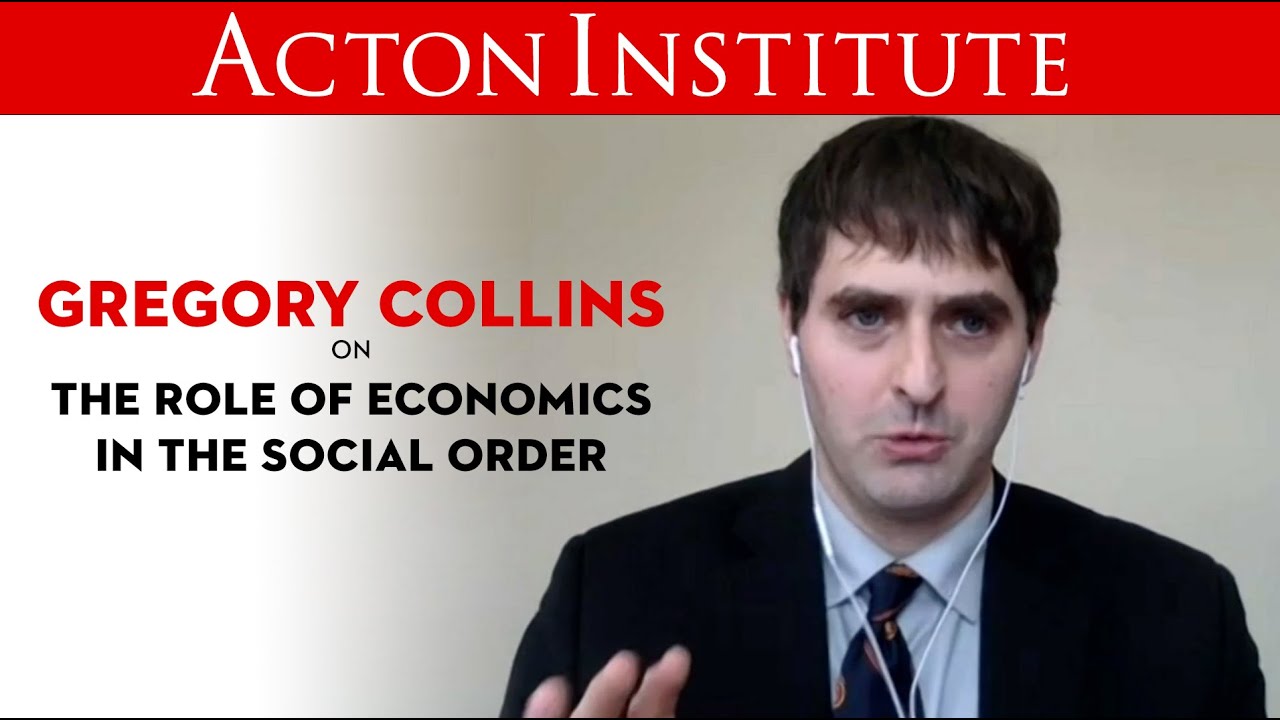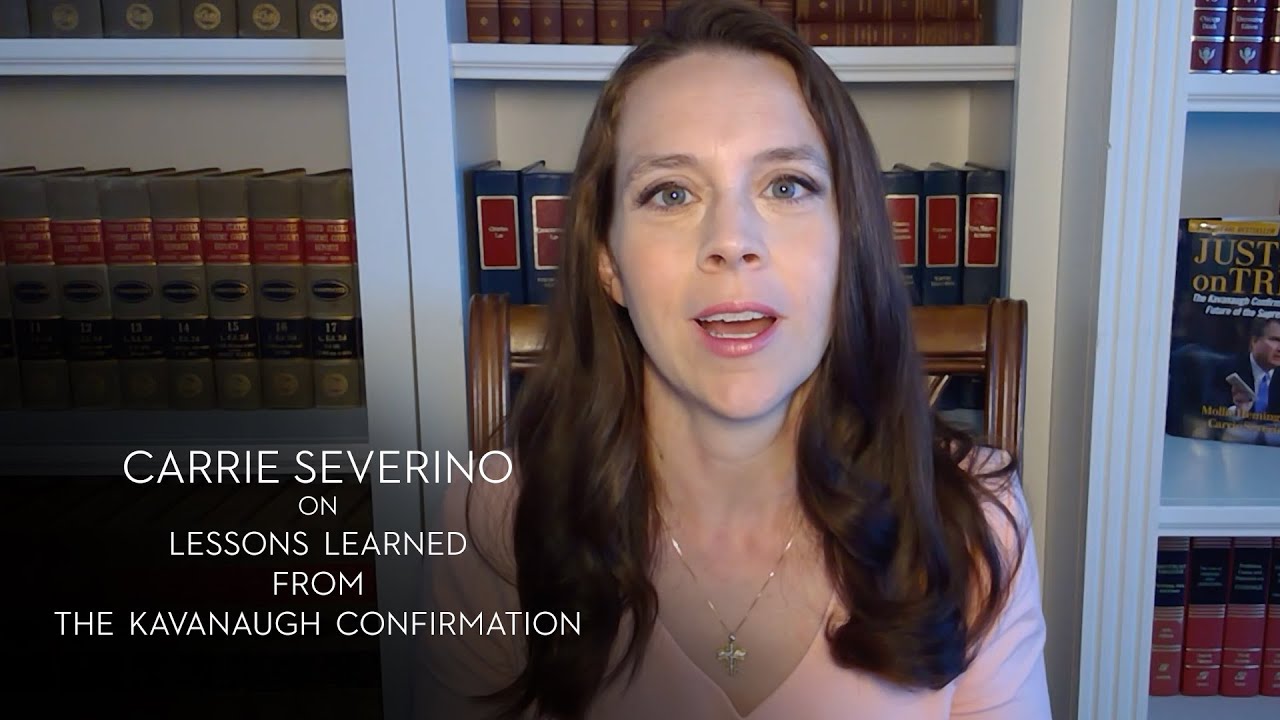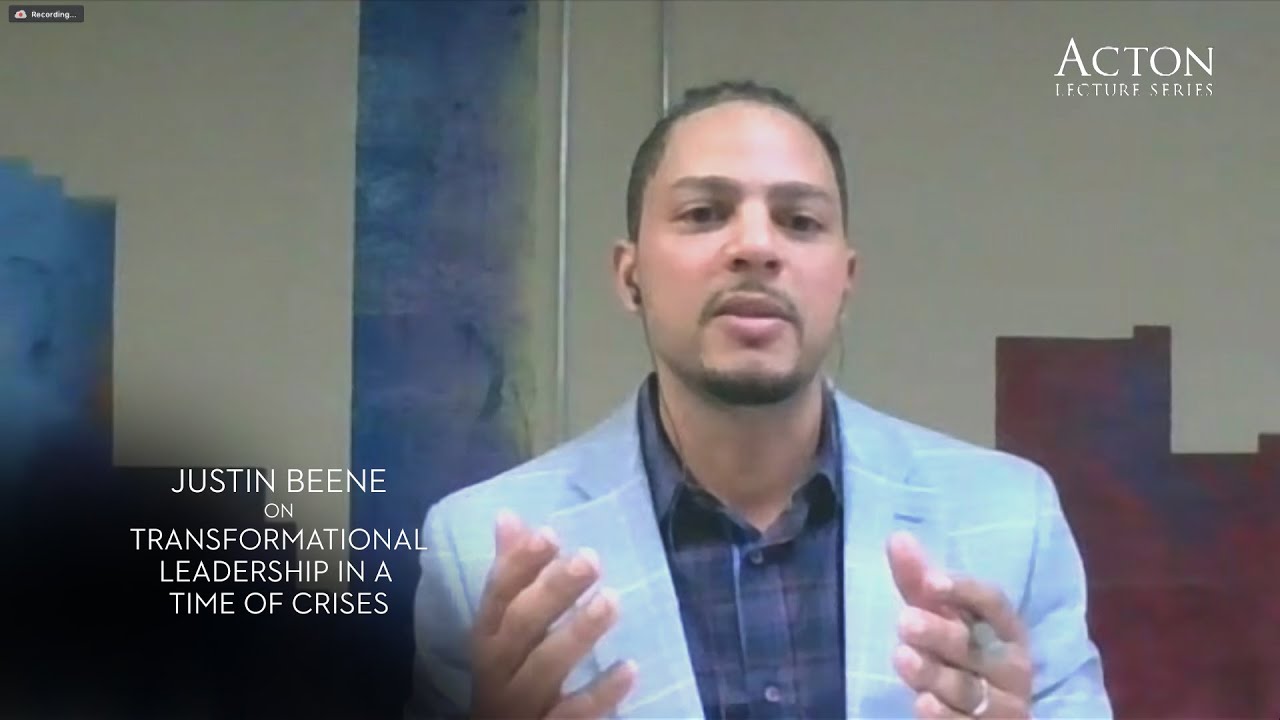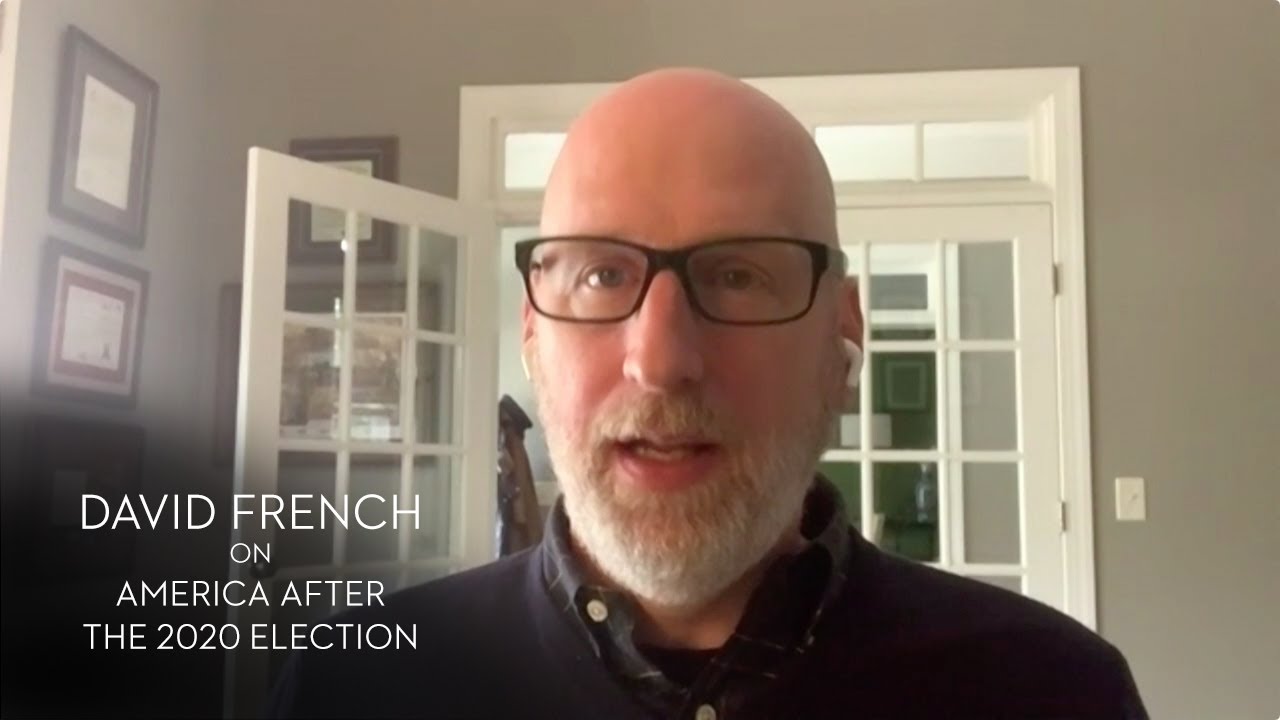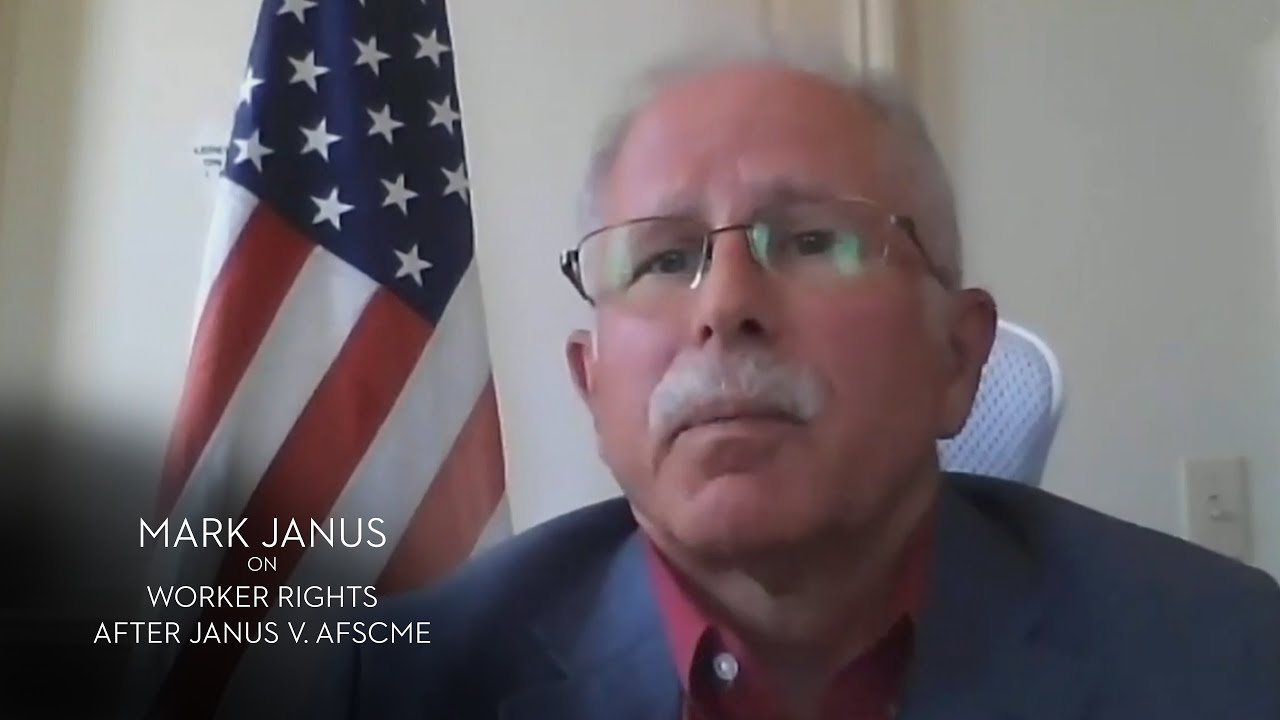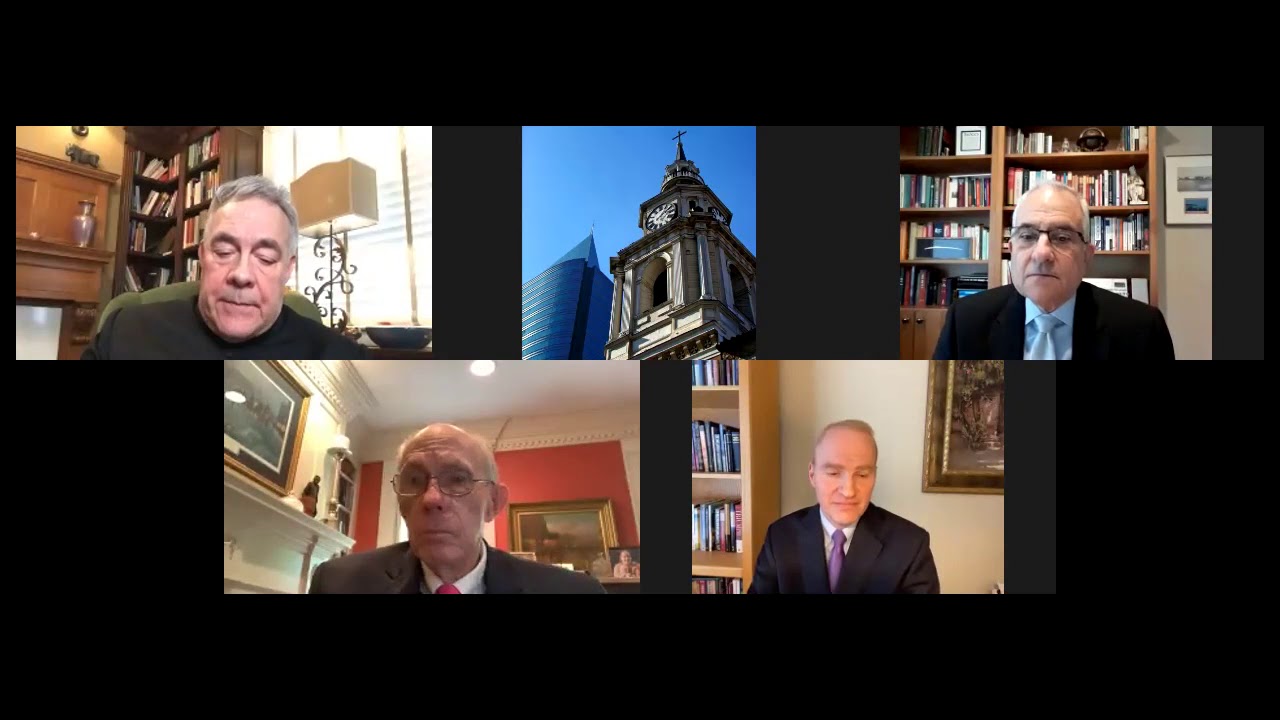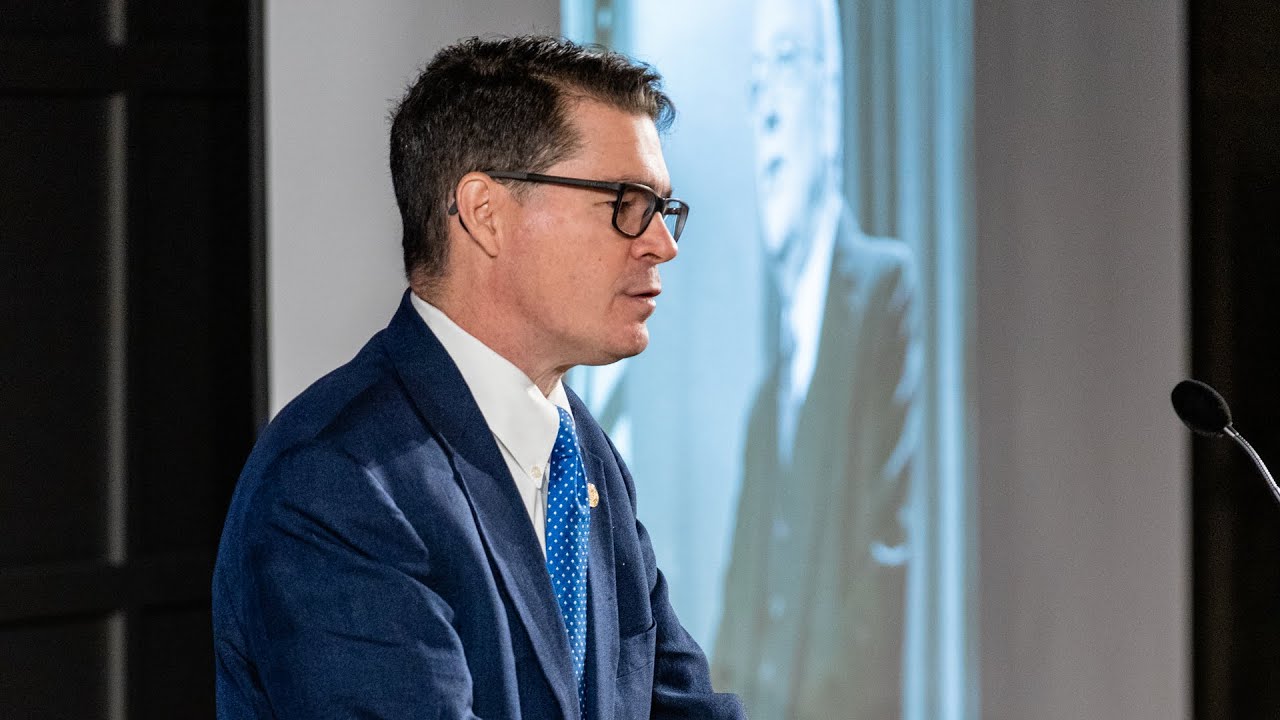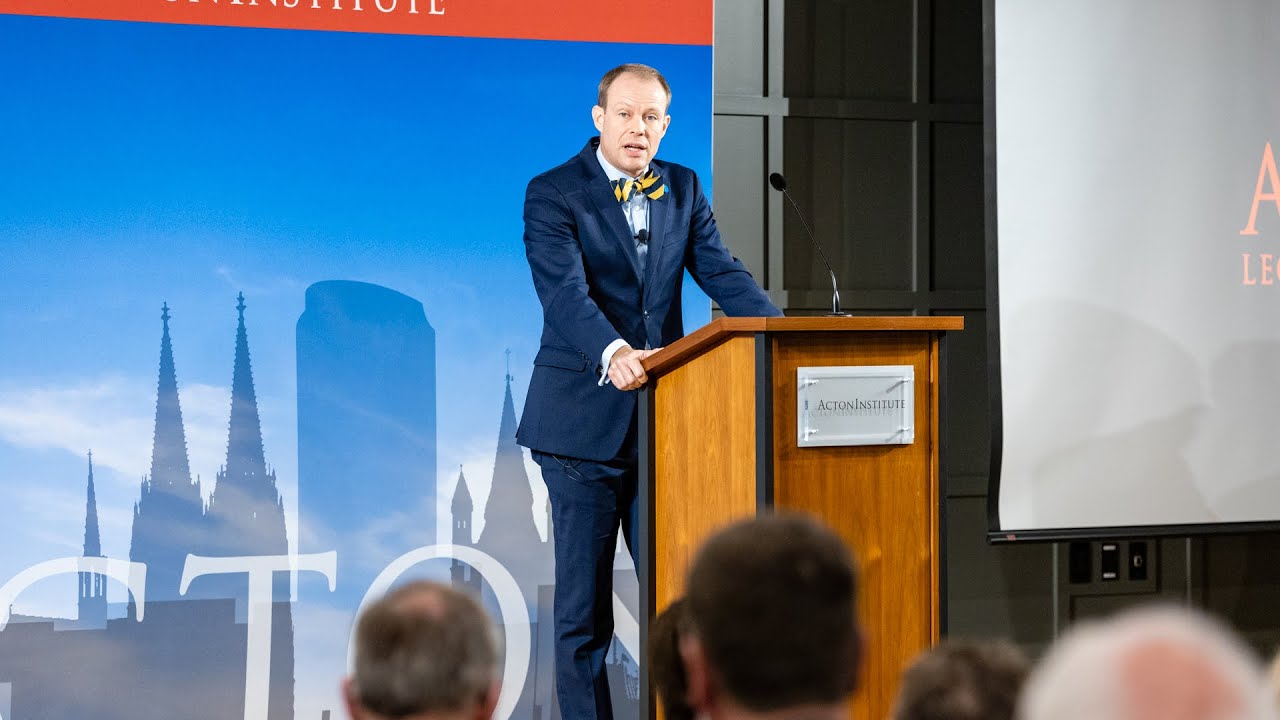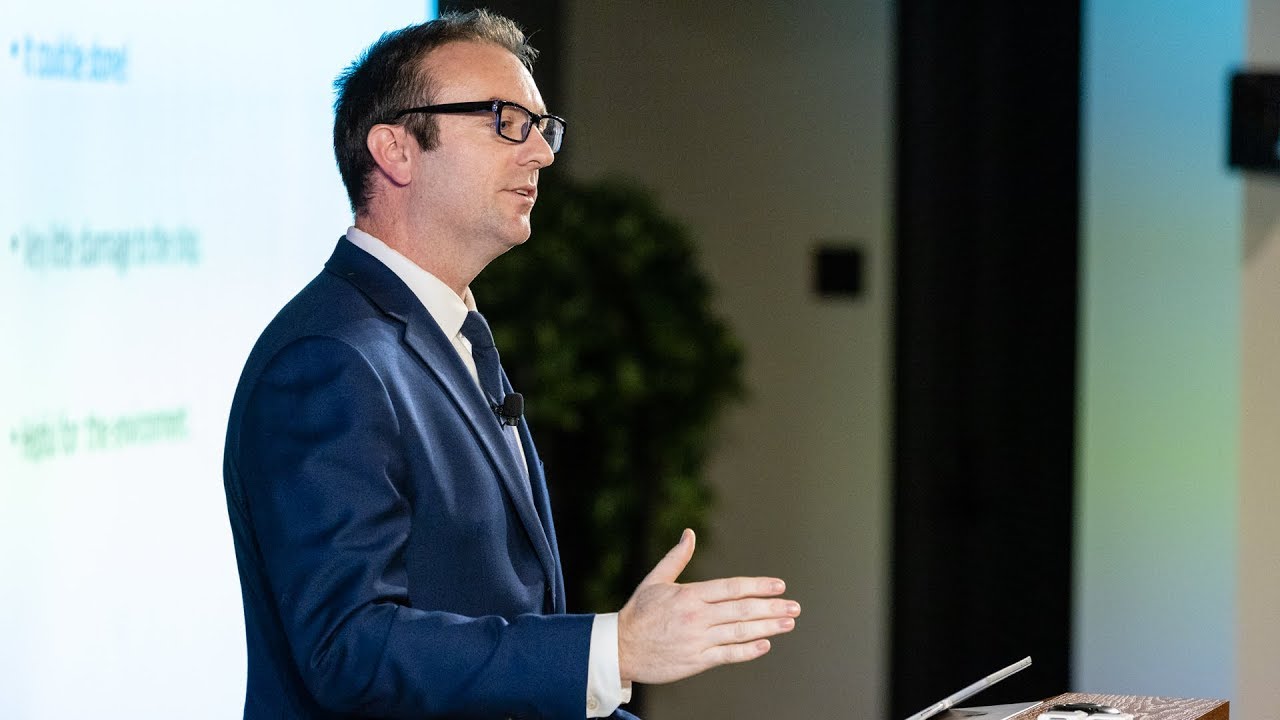John Suarez is the program officer of the Washington, DC based Center for a Free Cuba. He has been interviewed by TV, radio and print media on Cuba. Mr. Suarez is a human rights activist. He holds degrees from Florida International University and Spain’s Universidad Francisco de Vitoria. He has testified before the Inter-American Commission on Human Rights in Washington DC, the United Nations Human Rights Council in Geneva, and served as an interpreter for Cuban dissidents in Congressional hearings. Since 2009 he has maintained the blog, Notes from the Cuban Exile Quarter. He is a member of...
Overview
Communism took power in Cuba through deceit and intrigue in 1959. While Fidel Castro denied he was a communist, promising to restore democracy in the island, he began consolidating totalitarian rule and exporting revolution in Latin America and Africa. As the totalitarian dictatorship became evident, Cuba's democratic resistance defied the Castro regime in two phases: 1959-1966 (violent resistance) and 1976 - present (non-violent resistance). US Cuba policy would undergo dramatic changes between 1959 and the present with consequences for the entire hemisphere. John Suarez explores this history and looks to the future of Cuba in this address.






